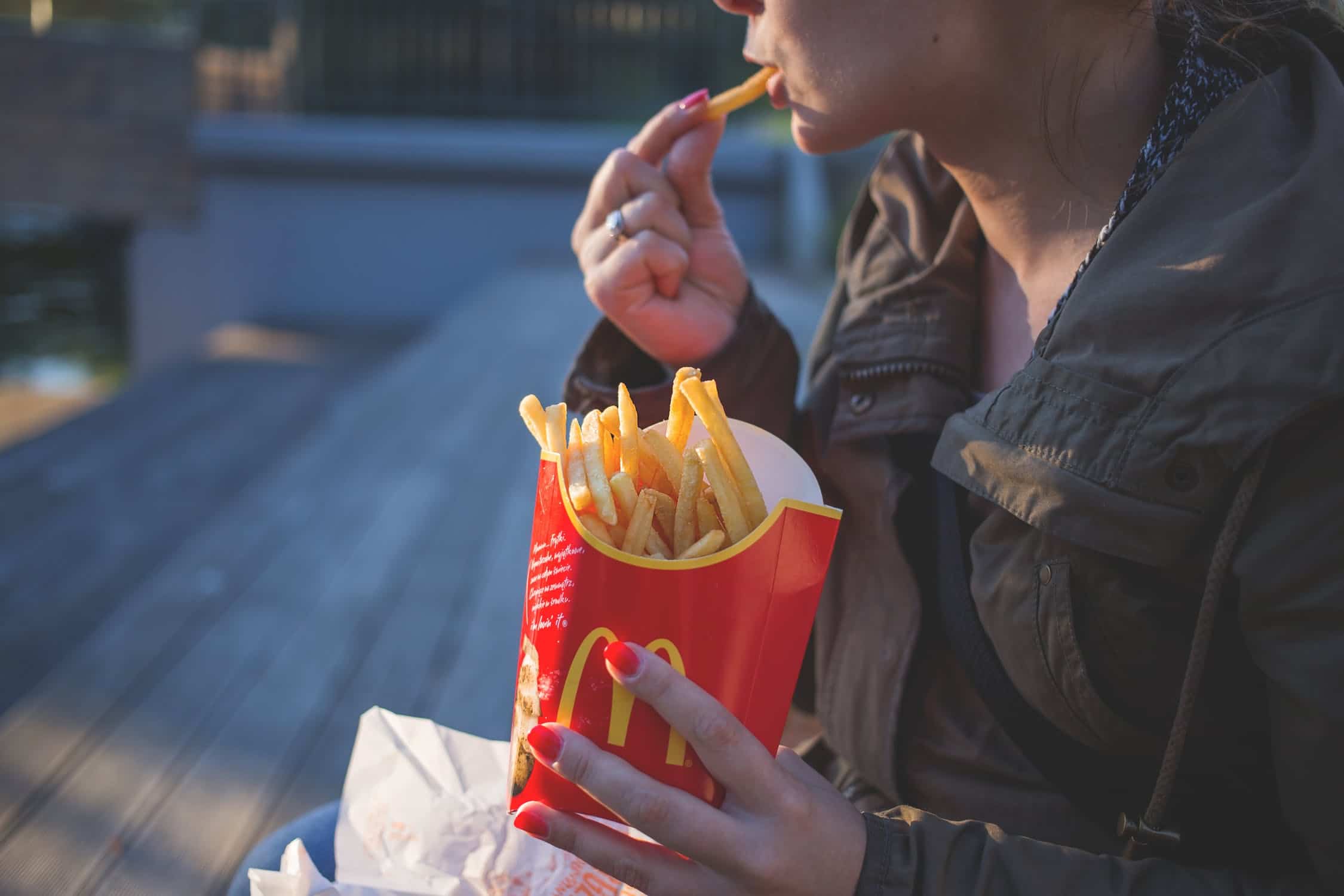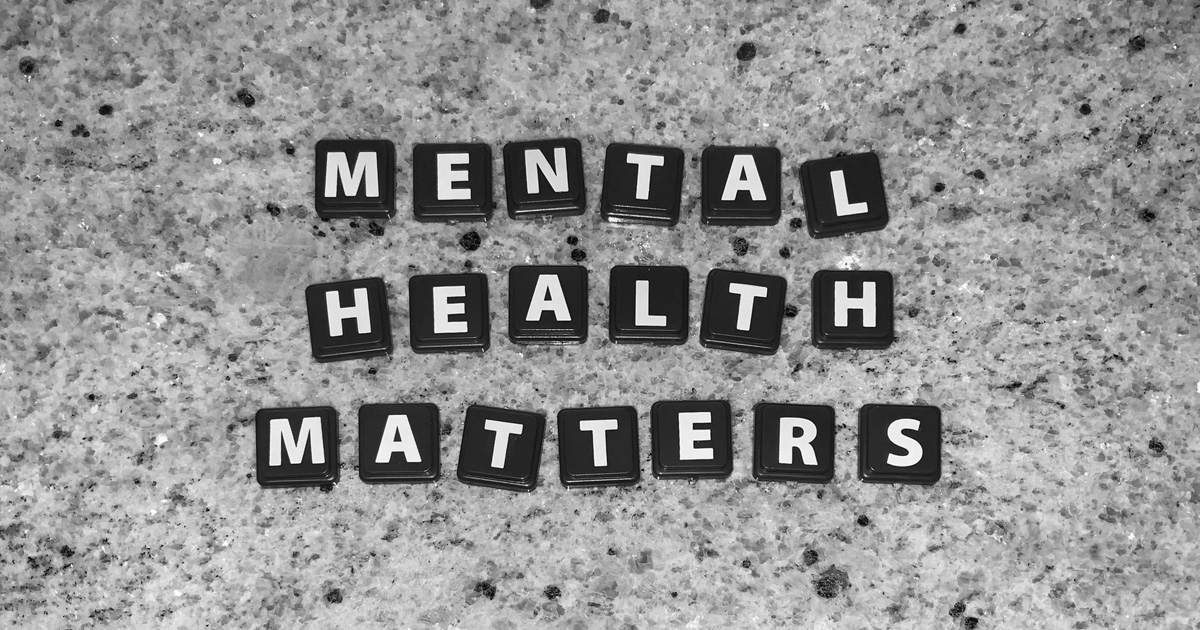
The Risk of Eating Fast Food
We know eating fast food isn’t a healthy choice, but why then do we get that happy rush when we indulge? Good old dopamine and serotonin, that’s why! When this food is first ingested, these feel-good neurotransmitters are released in the brain causing the body to initially feel great. As if you could climb a mountain, or tackle that twenty-page report you have been dreading. However, as the food continues to digest, it forces the pancreas to secrete more insulin to break down the excess sugars in fast food. As if that isn’t enough, the excess sodium causes an increase in blood pressure while the extra fat grows in size, increasing the risk of heart disease and hypertension.
Fast food is definitely not painting a pretty digestive picture. After a few minutes, the negative effects continue as the brain releases cortisol. Cortisol causes the body to feel lethargic, moody, and sick. Cortisol is also used to store even more fat. This change in hormones is why the body feels great while consuming this food, then later becomes grumpy, sleepy and hungry for more.
The more unhealthy food we eat, the more harm the excess sugar, fat, and sodium can do on the body. Consuming this food not only increases the risk of disease but also changes the gut microbes. After eating fast food for only 10 days, microbiome testing results have shown a loss in diversity and an overall loss of 40% of the microbes in the gut. The loss of microbes is a sign of illness in terms of obesity and diabetes. Concluding that you may love French fries, but your gut does not.
Valley Schools works to provide our members with resources in order to help improve gut health. Please visit contact us for more information about Valley Schools or our wellness program.



